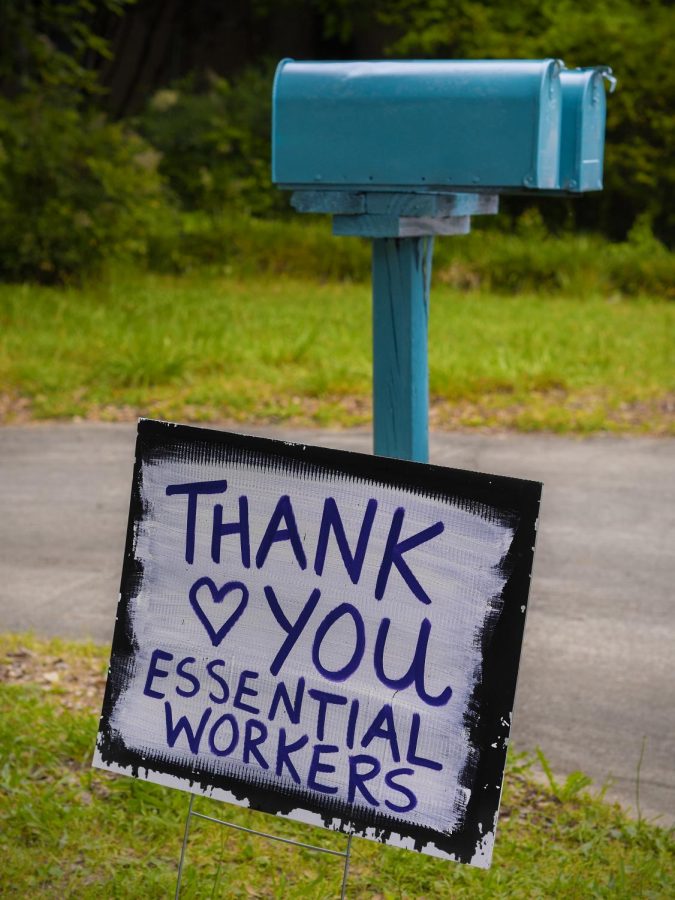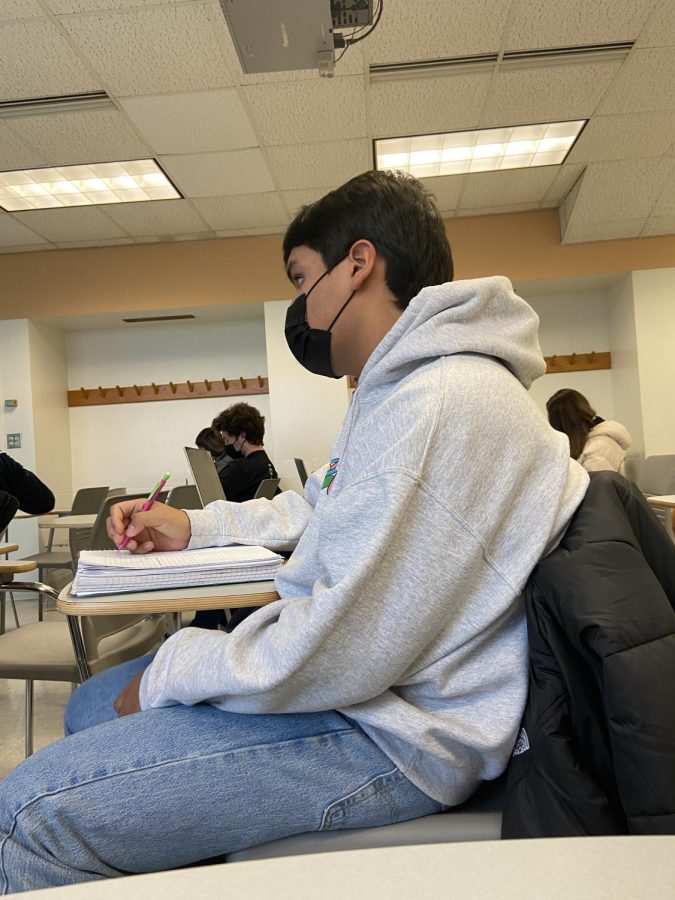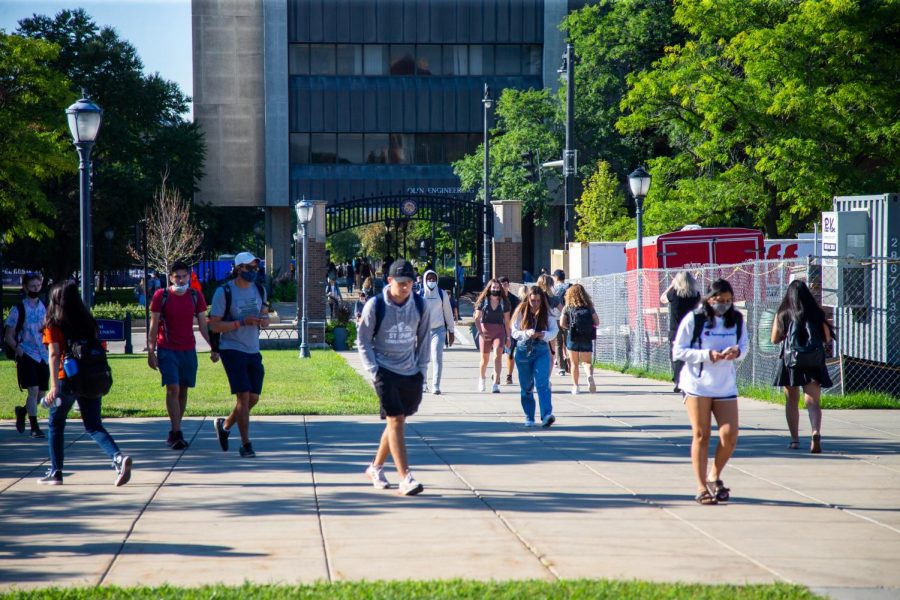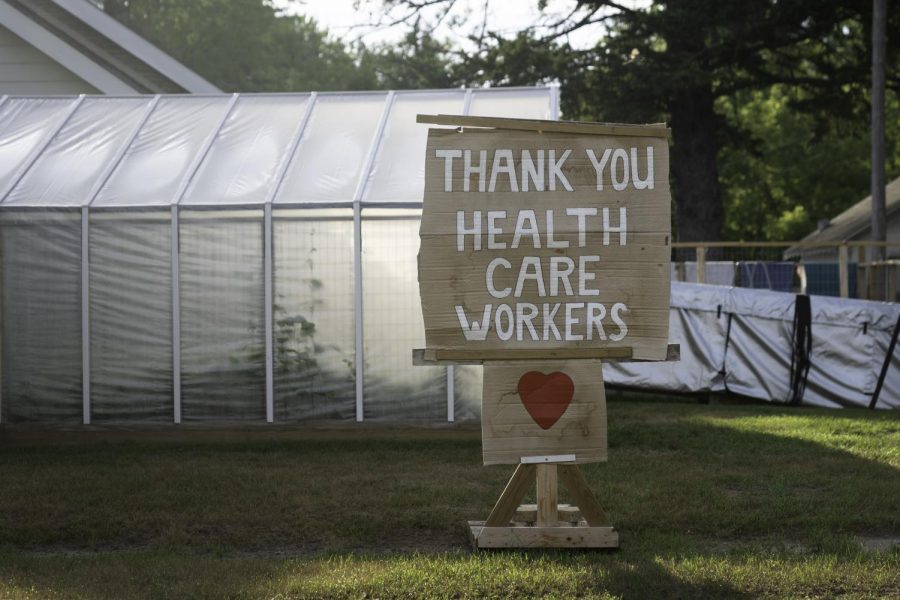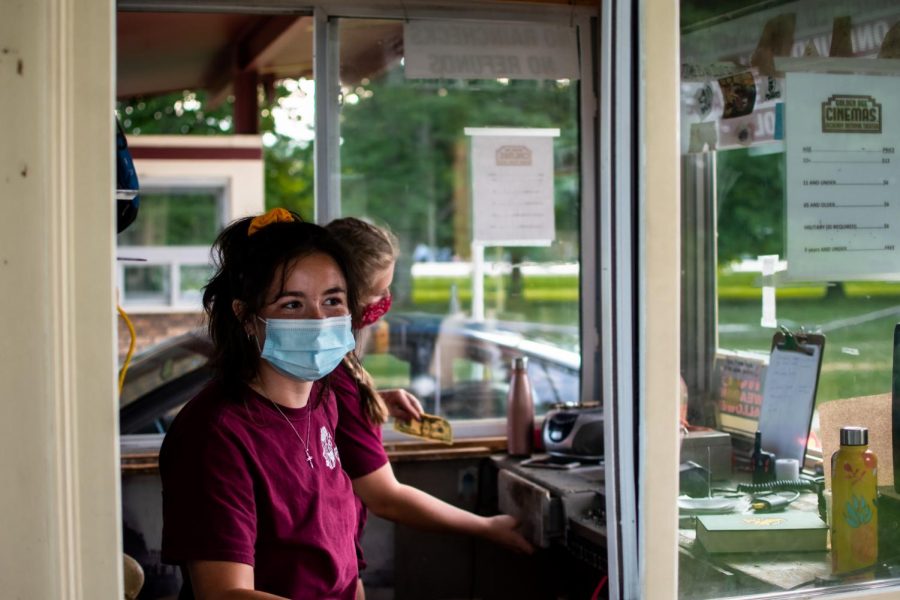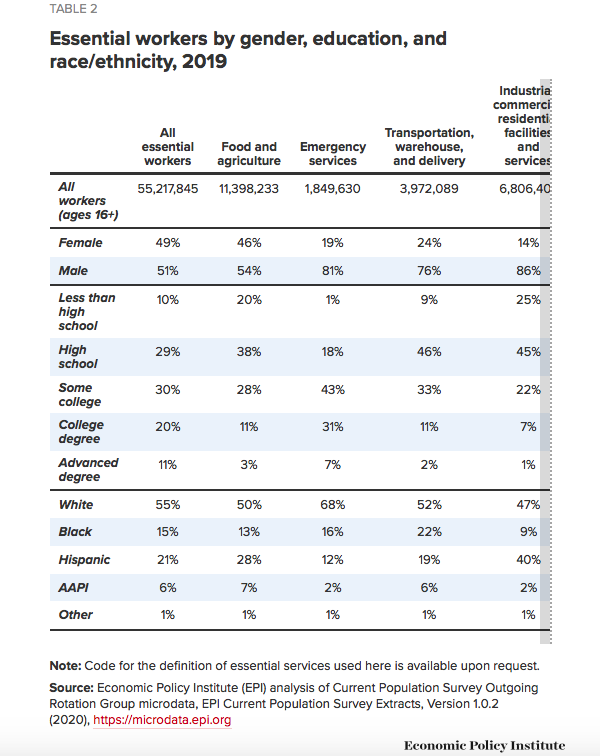While strict COVID-19 guidelines have been developed in hospitals and medical care facilities, Americans have not taken seriously health guidelines protecting essential workers beyond the hospital environment.
Most essential workers include those we often forget about — fast food workers, retail associates, cleaners and many others we have desperately leaned on to fulfill our daily needs.
When the coronavirus became known to the American public in March and critical businesses began to close, millions of people across the nation started panic-buying, forcing essential workers to stay employed amidst a pandemic.
Essential workers are those who conduct a range of operations and services that are typically necessary to continue critical infrastructure operations. Many of these industries have seen continued demand for their products and services, such as grocery stores, health care facilities and water utilities. With this being said, what occupations are considered essential vary from state to state. For instance, in Arizona, the governor considered golf courses a necessity, thus making golf course workers essential.
Just as what is considered essential varies from state to state, so do the laws put in place to protect said workers. All 50 states have reopened, but only four states met the requirements to reopen according to Forbes.
States must meet four basic criteria: there must be a two-week decrease in coronavirus cases, fewer than four daily cases per 100,000 people per day, positive test rates must be below 5% and states should have at least 40% of their intensive care unit beds free in case things worsen. States reopening did not meet all of this criteria.
Not only should we be embarrassed that our federal government has not done much to protect us, we should be equally concerned for essential workers.
Most essential workers are those who are already economically disadvantaged, earning lower wages and having little to no health insurance. The reopening of our economy has put these citizens at high risk for contracting the virus. Many essential workers with families cannot afford to quarantine for two weeks because it will set them back in numerous of ways. For example, a fast-food worker does not receive paid leave so if one were to be stricken with the virus, they would miss out on a paycheck, making it harder to pay monthly bills.
We as American citizens are also equally ineffective with how we handle the pandemic. The mask debate, which has sparked numerous of protests across the country, is endangering the lives of so many — including essential workers.
Every time a citizen disobeys mask rules by not wearing one, or wearing it incorrectly, they endanger essential workers who have already risked their lives to service them in restaurant, store, and many other public settings. In an odd way, anti-maskers see this as being patriotic. However, actual patriotism would be to protect people of the country you love. This kind of mindset change can ensure that essential workers are protected.
All in all, the nation has a duty to protect essential workers. Beyond being “essential” for our economy’s progress, they are human.
These workers deserve much better than what is being done to protect them. The federal government and citizens alike need to see the humanity in these jobs and at the very least, follow COVID-19 guidelines. Just by social distancing and wearing a mask, you are emphasizing the importance of protecting yourself while protecting others. So while the pandemic has felt like it has been going on forever, it is important to understand just how much is at stake and just how much power you have to protect others.
This story was written by Hope Moses. She can be reached at [email protected]


